By Vu Hoang Ha Thu, Indochine Counsel
E: thu.vu@indochinecounsel.com
The Law on Technology Transfer No. 80/2006/QH11 (the 2006 LOTT) was issued on November 29, 2006 when Vietnam was preparing for its accession to the WTO. During its more than 10 years of implementation, the 2006 LOTT contributed an important role in promoting innovation activities and technology transfers, applying advantages of science and technology in product manufacturing as well as frequently providing improvements in the lives of the people.
However, with rapid developments in technology, especially in information technology, along with changes in the economy and society, the 2006 LOTT has shown certain shortcomings and become, to some extent, no longer suitable or sufficient for governing issues in the field. There have also been changes in related laws, such as the 2009 Law on Intellectual Property; 2013 Law on Science and Technology; 2014 Law on Investment; 2014 Law on Corporate Income Tax; 2015 Law on Statistics, and so on, that have caused much of the 2006 LOTT to be inconsistent.
On June 19, 2017, the government issued the Law on Technology Transfer No. 07/2017/QH14 (the 2017 LOTT), which will supersede the 2006 LOTT from July 1, 2018 — the effective date of the 2017 LOTT. Some important contents of the 2017 LOTT are summarised below.
The 2017 LOTT provides for the following forms of technology transfer (i) independent technology transfer; (ii) sections on technology transfer of: investment project; capital contribution by technology value; franchise; transfer of IPRs; purchase of machines in case of know-how transfer; and (iii) other technology transfer forms as regulated by the prevailing laws, wherein the technology transfer as capital contribution is a new form of technology transfer.
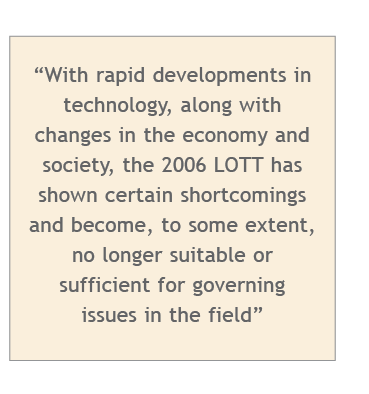
A technology transfer agreement relating to the technology transfer form is required to be registered with the competent authority, except for the case of technology being subject to the limited transfer which has already been granted a technology transfer certificate, in case of technology transfer from abroad to Vietnam or from Vietnam to abroad, or domestic technology transfer using the state budget or state capital, except for instances wherein the certificate of registration of results of implementation of science and technology duties have been obtained.
Regarding the transfer of technology in investment projects, the 2006 LOTT provides regulations for controlling technologies being subject to limited transfer only, and therefore is insufficient for control and prevention of the importation of backward technologies which may cause adverse impact on the environment. Accordingly, the 2017 LOTT requires the approval of investment projects using transferred technologies which are using public investment capital; are subjects of limited transfer; or have the risk of causing damage to the environment. In addition, for the case of an investment project using the state budget, the value of technology used as capital contribution in such investment projects shall be evaluated in accordance with the prevailing laws and regulations.
Under the 2017 LOTT, the parties to a technology transfer agreement have the right to agree on the price of technology transfer. However, the 2017 LOTT requires that the price of transferred technology be audited and implemented in accordance with the tax laws in the cases of technology transfer between parties in which: (i) one or more parties have state capital; (ii) parties having the parent-subsidiary relationship; and (iii) parties having affiliate relationship under the tax laws and regulations.

Ho Chi Minh City Office
E: thu.vu@indochinecounsel.com
M: (84) 942 747 068
T: (84) 28 3823 9640
F: (84) 28 3823 9641
Hanoi Office
Email: hanoi@indochinecounsel.com
Tel: (84) 24 3795 5261
Fax: (84) 24 3795 5262



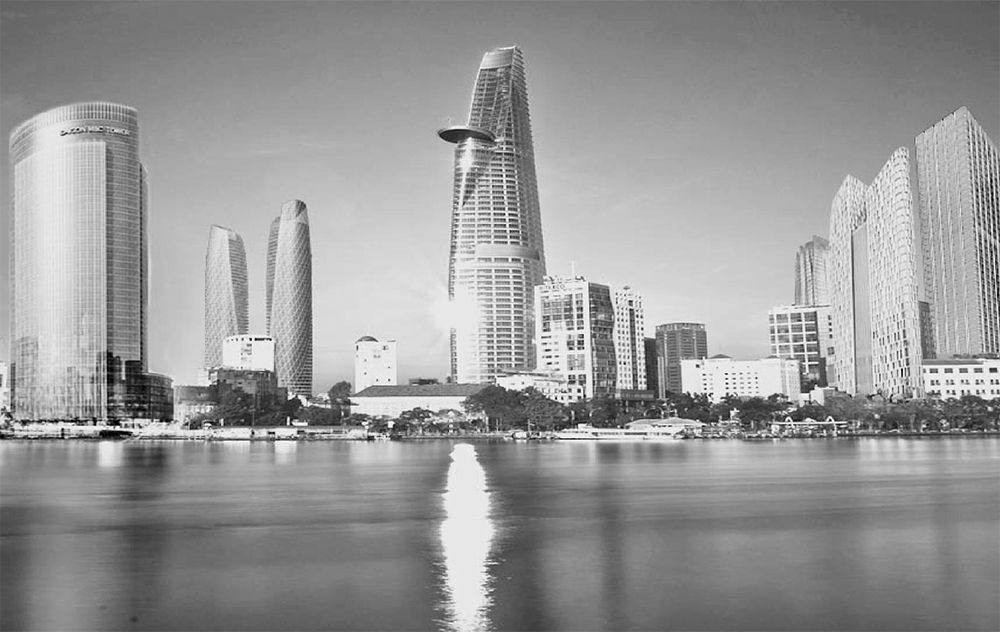
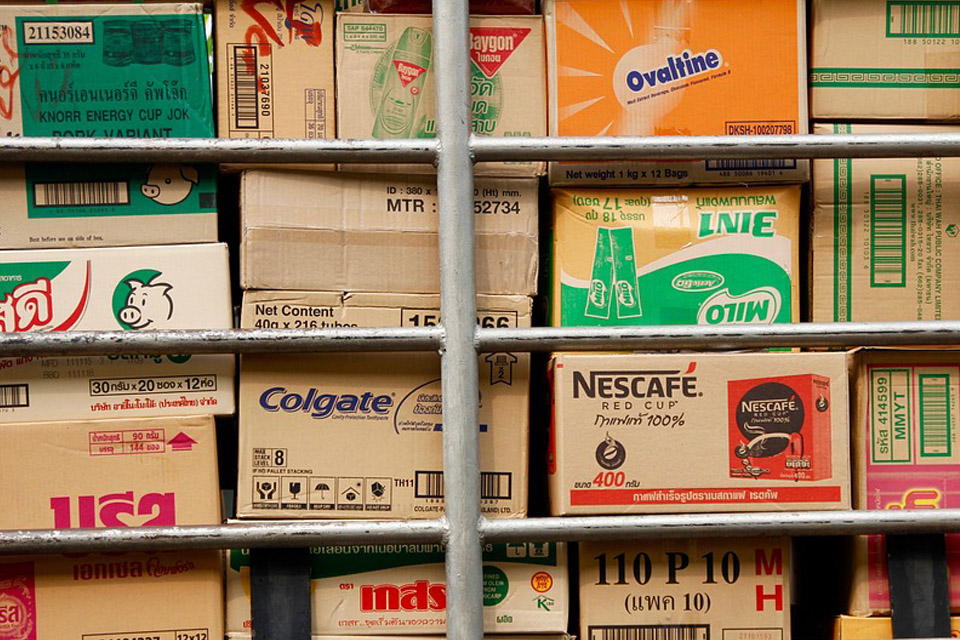
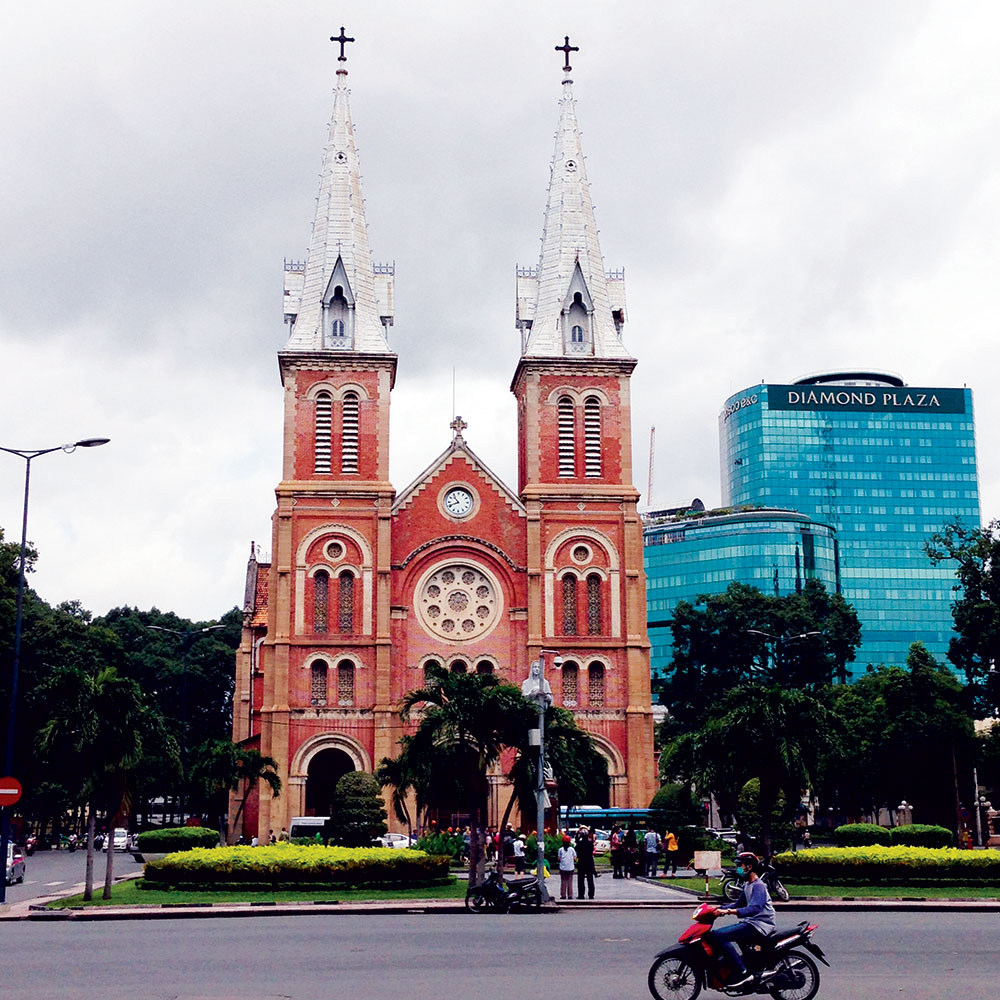

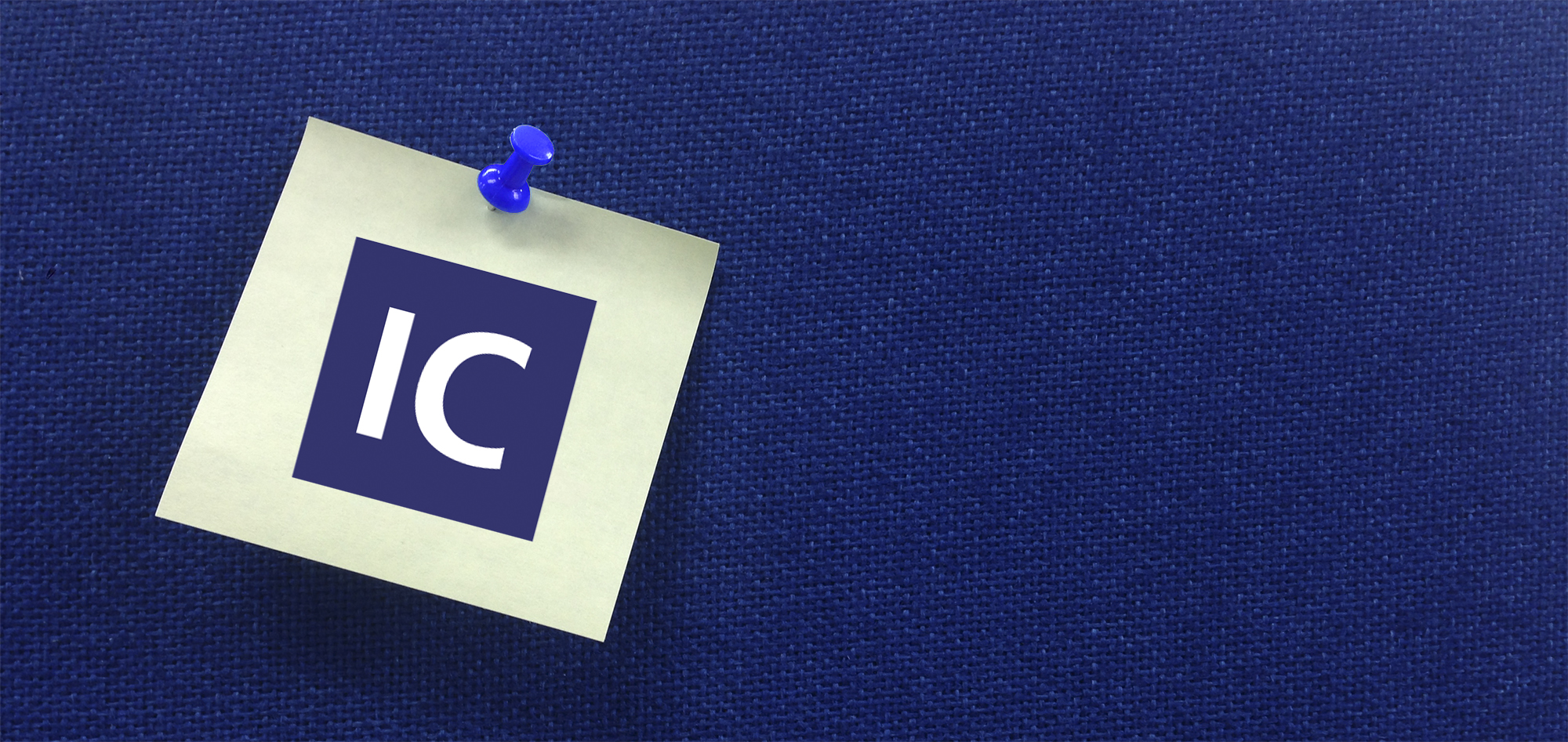





























 Indochine Counsel
Indochine Counsel Dang The Duc
Dang The Duc To Xuan Tinh
To Xuan Tinh Le Nguyen Huy Thuy
Le Nguyen Huy Thuy



